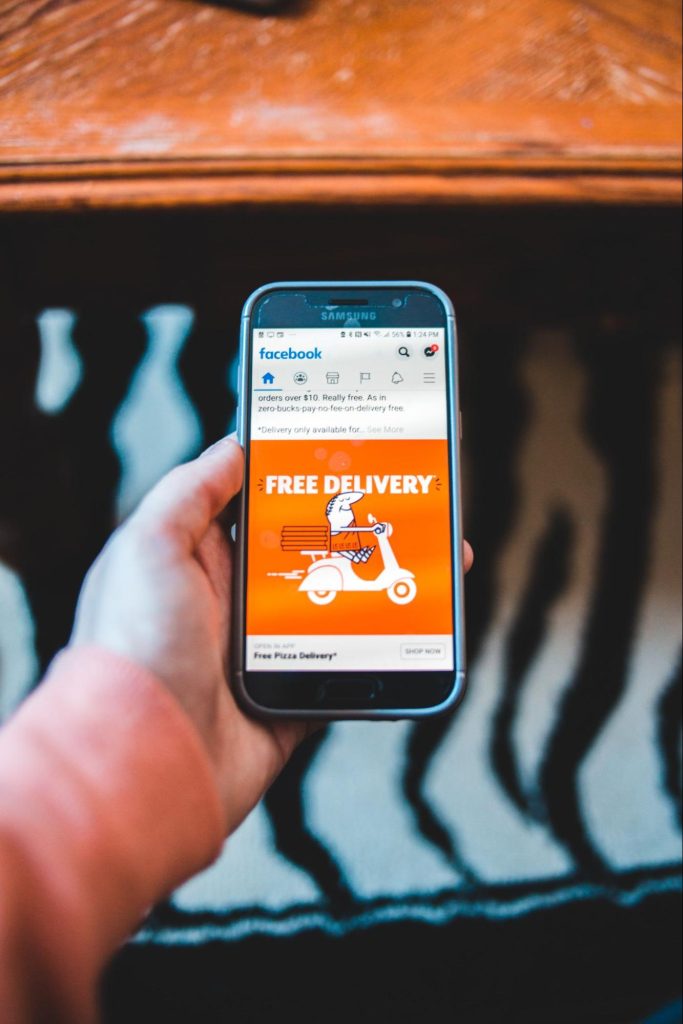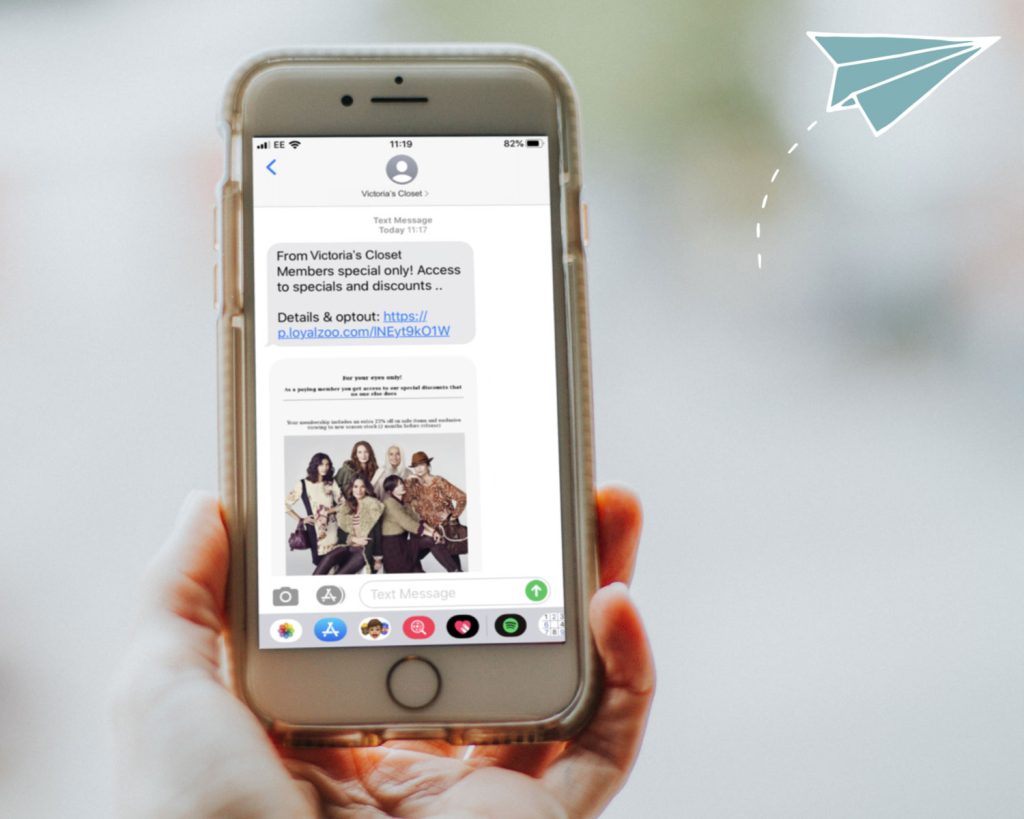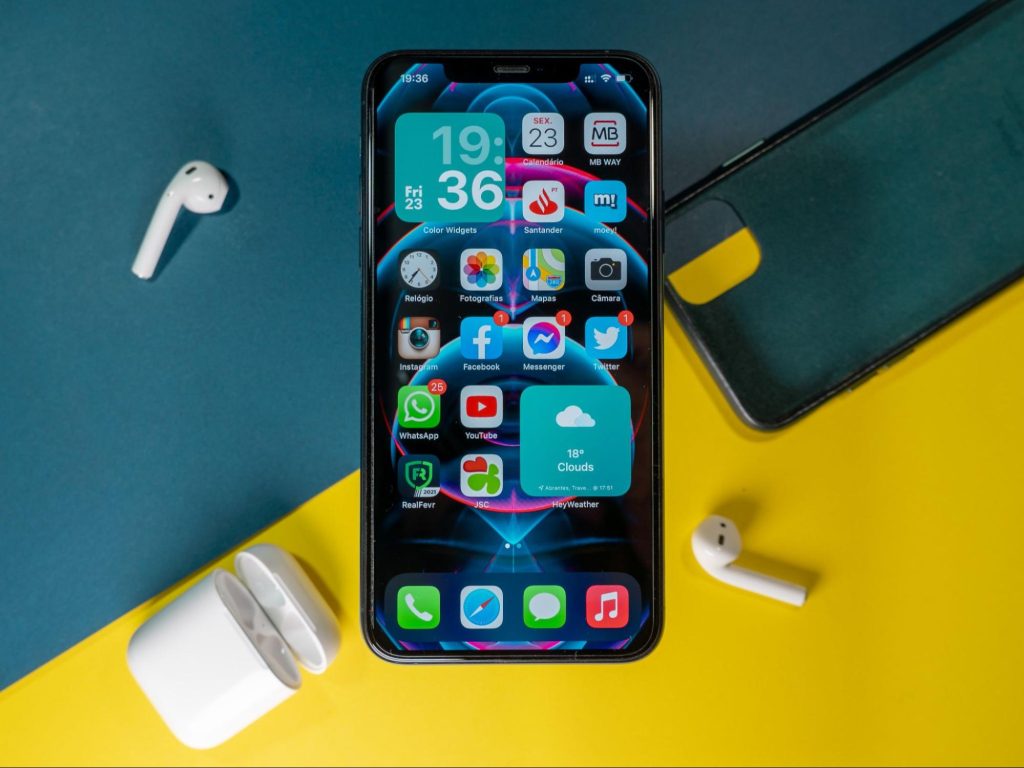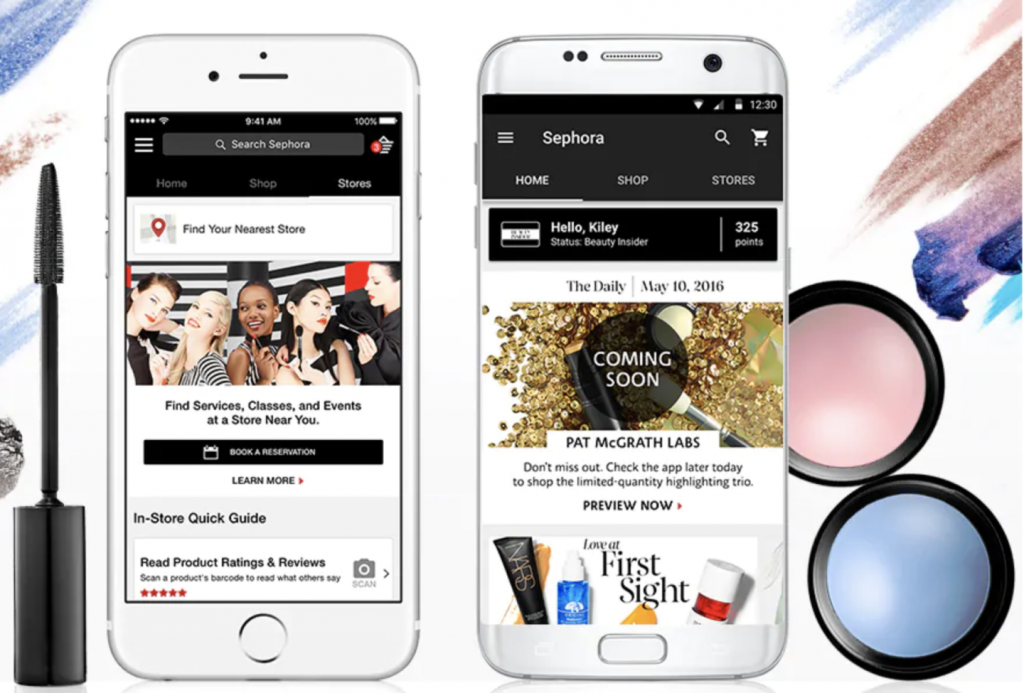7 Types of Mobile Marketing Campaigns You Need to Know: Choosing Which One to Implement
Did you know a whopping 83.72% of people have smartphones? This number will only rise in the next few years as mobile technologies and devices continue to evolve.
Quick Links
As a business, this presents a huge opportunity for you to reach out to your target market through mobile marketing campaigns, but with so many different types of strategies out there, finding the right one for your company can be daunting.
Don’t fret though – we’ve got you covered! We’re giving you the 411 on all things mobile marketing campaigns, so you can pick the best marketing strategy for success.
What is a mobile marketing campaign?
A mobile marketing campaign is a strategy that uses mobile technologies to reach and engage customers. This type of campaign can be used to promote products, services, or events through SMS or MMS messaging, app-based messages, or even social media.
Say, for example, you own a Bluetooth wireless headset company. You could create a mobile marketing campaign that offers a discount on products when customers sign up for your SMS messaging list. This would be an example of a mobile marketing campaign that uses SMS to reach and engage customers.
The benefits of mobile marketing campaigns
1. Better customer engagement
One of the main benefits of mobile marketing campaigns is they allow you to directly engage with your target market. You can reach out to them through their mobile devices, which they likely carry with them at all times. This allows you to send timely and relevant messages that they can act on immediately.
2. Increased ROI
Mobile marketing campaigns can also lead to increased ROI (return on investment). This is because they’re often better targeted and more personalized than other marketing strategies.
58% of smartphone users feel more favorable toward companies whose mobile sites or apps remember who they are and their past behavior. This means that if you can create a mobile marketing campaign that’s targeted and personalized to your customers, they’re more likely to take action that leads to a purchase.
Suppose you send out a targeted mobile coupon to customers who’ve previously shown interest in your products. In this case, they’re more likely to use it than if you send out a general coupon to your entire customer base.
3. Better customer insights
Mobile marketing campaigns can also provide better insights into your customers. This is because you can track their behavior and see how they interact with your mobile site or app. This almost works as a customer sentiment analysis tool, because you can see what they’re saying about your brand and products and therefore make necessary changes to improve customer experience.
For example, say you own a clothing company and have just launched a new collection. You could create a mobile marketing campaign that allows customers to take pictures of themselves wearing your clothes and share them on social media. This would give valuable insights into what your customers think about your new collection.
It’s important that, as a business owner, you have 360-degree feedback about your products. This can help you to figure out what’s selling well and also help assess customer sentiment surrounding your brand.
4. Improved customer retention
As well as increased customer engagement and insights, mobile marketing campaigns can lead to improved customer retention. What is customer retention, you ask? This is when a customer continues to use your products or services after their initial purchase. With 82% of companies agreeing retention is cheaper than acquisition, it’s clear it’s an important metric to focus on.
There are a number of ways to improve customer retention through mobile marketing campaigns. For example, you could send out regular SMS messages with discounts or coupons to encourage customers to keep using your products or services or set up a loyalty program that rewards customers for continued business.
Seven types of mobile marketing campaigns

Now we’ve looked at some of the benefits, let’s examine seven types of mobile marketing campaigns that you can implement.
1. Transactional campaigns
Transactional campaigns are designed to encourage customers to make a purchase. They usually include some kind of offer or discount that’s only available for a limited time.
For example, say you own a makeup store, and you’re launching a new eyeshadow palette. You could create a transactional campaign that offers a discount for customers who purchase this within the next week. You could easily do this by sending out an SMS or push notification.
2. Engagement campaigns
Engagement campaigns are designed to encourage customers to interact with your brand. They can be used to increase brand awareness or build relationships with customers.
Say you’re selling idea management software. You could create an engagement campaign that encourages customers to submit ideas for new features. Not only will this increase customer engagement, but it will give you valuable insights into what customers want from your product.
Alternatively, you could share a series of promotional videos on social media that show customers the ideas already implemented as a result of their feedback.

3. Loyalty campaigns
Loyalty campaigns are designed to encourage customers to continue using your products or services. They usually involve some kind of incentive, such as points that can be redeemed for rewards.
Say you own a coffee shop. You could create a mobile application that gives customers a certain number of points for every purchase they make. These could then be redeemed for free coffee or discounts on future purchases.

4. Referral campaigns
Referral campaigns are designed to encourage customers to recommend your products or services to their friends or family. They usually involve giving them a discount or some other kind of incentive for each person they refer.
For example, suppose you have 100 customers currently using your ACID transactions database. You could create a referral campaign that gifts them a 10% discount for each person they refer who signs up for a free trial. Not only will this help you acquire new customers, but it will also bolster customer loyalty.
5. Location-based campaigns
Location-based campaigns are designed to target local clients and customers who live, work, or shop in a specific area. They can be used to increase foot traffic to your store or promote a new product or service.
Say you own a restaurant and are launching a new menu. You could use data from your loyalty program to target customers who live within a certain radius and send them an SMS with a discount for this. This would encourage them to come and try your new dishes out.
6. Timing-based campaigns
Timing-based campaigns are designed to target customers based on the time of day or week. They can be used to promote happy hour specials or increase foot traffic during slow periods.
Say you own a bar and want to increase foot traffic on Wednesdays. You could create a timing-based campaign that offers a discount on drinks for customers who come in between 5 pm and 7 pm.
7. Event-based campaigns
Event-based campaigns are designed to target customers who are attending a specific event. They can be used to increase foot traffic to your booth at a trade show or promote a product or service launch.
Say you’re hosting a software test conference. You could promote your new software testing tool by creating an event-based campaign that offers a discount to conference attendees.
Real-life examples of mobile marketing campaigns

IKEA
IKEA, the world’s largest furniture retailer, created a mobile app that allows customers to see what its products would look like in their homes. The app also offers tips and tricks on how to style your property.
This app has been a huge success, with over one million downloads. It’s also been used to increase customer loyalty, with customers spending more time browsing IKEA products and making more purchases.
This is an example of a successful engagement campaign as it allowed IKEA to interact with its customers and learn more about their needs and desires.
Sephora
Sephora, a leading beauty retailer, used its mobile app to create an omnichannel retail experience. Its app uses location-based marketing to recognize when a consumer enters a store. When this happens, it gives the customer relevant information about the store, such as existing deals and even a customer map.
When the customer leaves the store, the app gives users a wide range of content, including makeup video tutorials, product updates, and even the latest makeup trends.
This is an example of a content marketing campaign as it allows Sephora to remain top of mind with customers and provides them with valuable information.
Tinder
A great example of a timing-based campaign is Tinder’s “Swipe Night”. The popular dating app created an interactive experience that allowed users to make choices and see the consequences of their decisions in real-time.
The experience was only available for a limited time, from 6 pm to midnight on Halloween. This created a sense of urgency and FOMO (fear of missing out) among users, leading to a surge in Tinder usage.
Final thoughts
So there you have it: our complete guide to mobile marketing. We hope you found it helpful and now have a better understanding of the different types of mobile marketing campaigns and how to implement them.
Good luck and happy marketing!
Bio: Grace Lau – Director of Growth Content, Dialpad

Grace Lau is the Director of Growth Content at Dialpad, an AI-powered cloud best business phone system for better and easier team collaboration. She has over 10 years of experience in content writing and strategy. Currently, she is responsible for leading branded and editorial content strategies, partnering with SEO and Ops teams to build and nurture content. Grace Lau also published articles for domains such as Tapfiliate and Easy Affiliate. Here is her LinkedIn.
How to Use AI-Powered SEO Tools for WordPress eCommerce
SEO is a critical factor in the success of any e-commerce WordPress store. As competition…
0 Comments11 Minutes
Why Short-Form Videos Are the Future of Content Marketing
Your Instagram customers spend over 50% of their time watching short-form videos and reels. Rather…
0 Comments12 Minutes
The Role of Digital Marketing in Business Growth
Online marketing touches every aspect of a business, whether it is initiating the idea or for an…
0 Comments3 Minutes
AI Meets Authenticity: Balancing Automation and Human Touch in Content Marketing
Is your brand starting to sound like a robot? In a world where algorithms write faster than any…
0 Comments8 Minutes
Essential Tools for Enhancing Web Design and UX Hosting
Have you ever visited a website that felt slow, clunky, or confusing? A website that is poorly…
0 Comments11 Minutes
How a Mini Cart Transformed My Store’s Shopping Experience
Okay, real talk—running an online store is hard. You think you’ve got everything figured out, you…
0 Comments9 Minutes
Balancing Your Security Initiatives With Industry Compliance Requirements
Managing a business today comes with a number of daily battles that need to be fought. Resources…
0 Comments11 Minutes
Best plugins to enhance the customer shopping experience
Customer experience is a key part of every online store. A good experience helps customers find…
0 Comments7 Minutes








